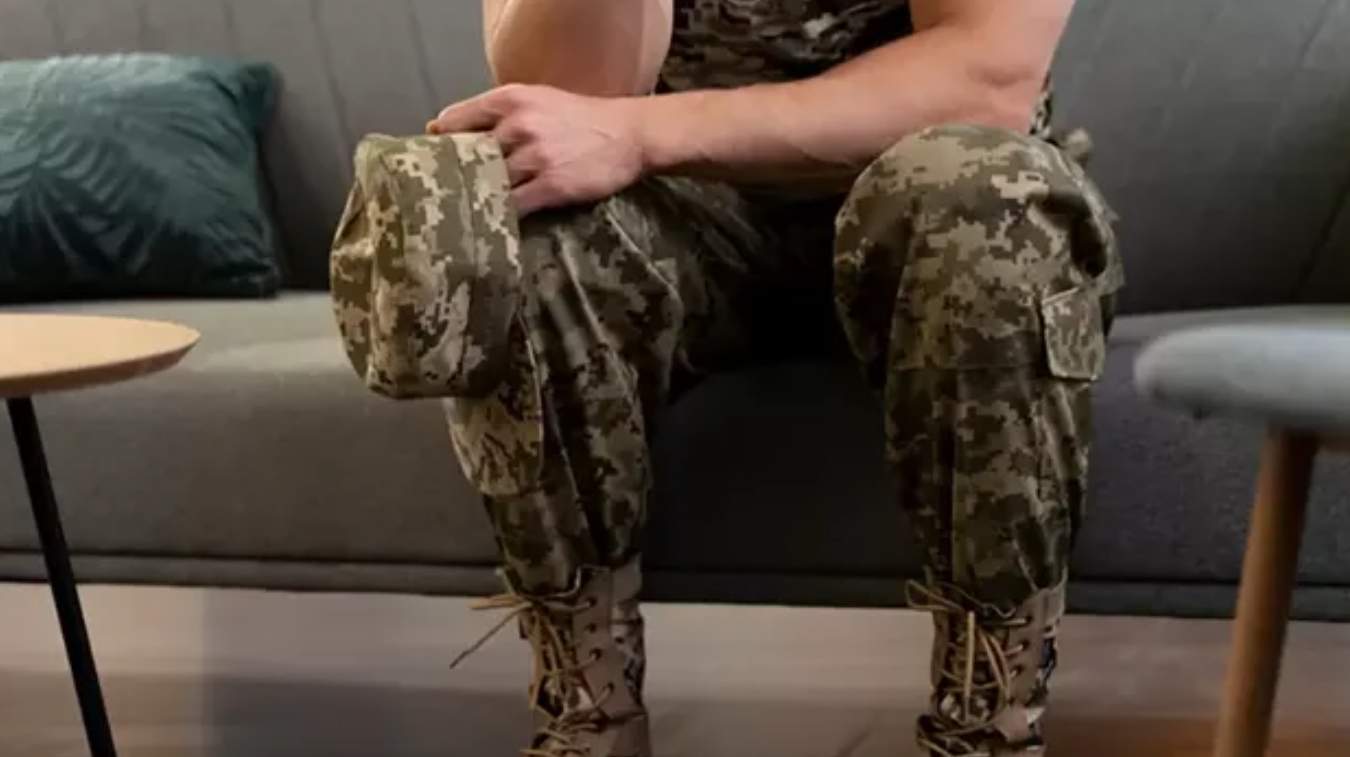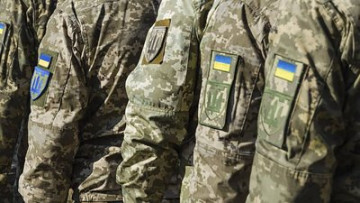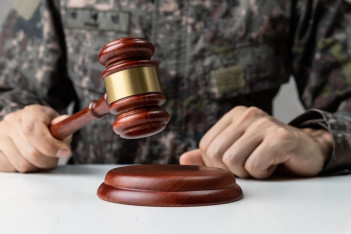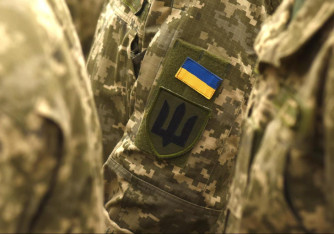AWOL is a serious offence punishable under the laws of Ukraine. It is not only a military violation, but also a criminal offence that can have serious consequences for a serviceman. The problem becomes especially relevant in times of increased military mobilisation and conflict situations, when the number of cases of AWOL is growing. In such cases, it is important to contact an experienced lawyer who specialises in cases related to unauthorised absence from the military, as they can help you understand the legal nuances and reduce or even avoid punishment.
What is unauthorised abandonment of a unit (AWOL)?
AWOL is a violation that consists in a serviceman's unauthorised departure from the place of service without the permission of the command. Such actions qualify as a disciplinary offence or a war crime, which is punishable by severe penalties. According to Article 407 of the Criminal Code of Ukraine, AWOL is punishable by arrest, disciplinary measures or even imprisonment. It is important to understand that the EWO can be not only a deliberate act, but also a consequence of stressful situations, psychological exhaustion or other personal circumstances of the serviceman. A defence lawyer can not only protect the rights of the accused, but also take into account possible mitigating circumstances to reduce the punishment.
Types of punishments for AWOL
AWOL is considered a criminal offence, and depending on the circumstances and duration of the absence, a serviceman may face various types of punishment:
- Arrest with detention in the brig - for conscripts.
- Imprisonment for a certain period of time - for officers and contractors who committed serious AoE.
- Deprivation of military rank - especially in cases where the serviceman committed AWOL during hostilities.
These sanctions can be changed or mitigated in the case of circumstances that led to the offence, but this requires the support of a lawyer.
How does a lawyer help in cases of AWOL?
A case of unauthorised abandonment requires a special approach. A specialised lawyer knows the intricacies of the law, the procedures for reviewing war crimes and understands how to build a defence to achieve the most favourable decision for the client. Here are some aspects of a lawyer's assistance:
- Analysing the circumstances of the case - the lawyer examines in detail all the materials provided, taking into account not only the fact of leaving a part, but also the possible reasons that could have caused such actions.
- Development of a defence strategy - a specialist determines the line of defence, focusing on mitigating the punishment, dropping the charges or proving the absence of intent.
- Representation in court - a lawyer prepares arguments, presents evidence and represents the client's interests in court.
- Assistance on appeal - if the court decision is negative, the lawyer can help prepare and file an appeal.
Why is it important to hire a lawyer with experience in military matters?
A lawyer specialising in military offences has the knowledge and practical experience that allows him or her to
- Assess the chances of a positive outcome and provide realistic forecasts to the client.
- Look for all possible mitigating circumstances that may reduce the degree of responsibility.
- Find legal deficiencies in the case file and justify the mitigation of the punishment.
In what cases can leniency be justified?
Certain circumstances may justify or partially justify compassionate release, including:
- Unfit for duty - due to mental or physical problems that may be caused by stressful factors.
- Threat to life and health - when the lack of necessary conditions leads to danger for the serviceman.
- Consequences of improper command - in case of improper attitude of the leadership or other official violations that negatively affect the health and safety of the military.
Stages of the work of a defence lawyer
- Gathering evidence - the lawyer collects case materials, analyses possible reasons for leaving the unit and circumstances that may affect the court decision.
- Consultations with experts - if necessary, engage specialists (e.g. psychologists) to help substantiate certain circumstances.
- Speaking at court hearings - the lawyer represents the interests of the serviceman, presenting arguments that protect his rights.
Question
Can a lawyer help to avoid liability for unauthorised abandonment of a unit?
Answer
Depending on the circumstances, a lawyer can substantiate circumstances that will reduce liability or prove the existence of valid reasons for leaving the unit. This is possible if the difficult conditions of service, health hazards or psychological factors that led to the actions of the soldier are proved.
Reasons to contact an AWOL lawyer
A specialist will provide legal advice on all issues related to your situation. The lawyer will help you develop a defence tactic, taking into account all the nuances of your case, and thanks to a qualified representative in court, you can reduce the degree of punishment.
What are the responsibilities of a AWOL lawyer?
- Consultation - the lawyer meets with the client, explains his or her rights and options.
- Analysis of evidence - the lawyer examines all the details of the case, including certificates, witness statements and case files.
- Defence in court - the lawyer represents the client in court, proving innocence or reducing the degree of responsibility.
Legal defence: full support during the proceedings and support at every stage of the trial.
Documentary support: preparation and submission of necessary applications, documents and appeals.
Defence in court: representation of the client's interests before the judicial authorities, using arguments in his favour.
Cases involving unauthorised abandonment of a unit are complex and have serious legal consequences for servicemen and women. It is important to get high-quality services of a military lawyer who will help you protect your rights and avoid unfair decisions. A specialist of the legal service ‘Consultant’ will provide you with legal support, quality advice, preparation of documents and help you substantiate the circumstances that may alleviate your situation.




































